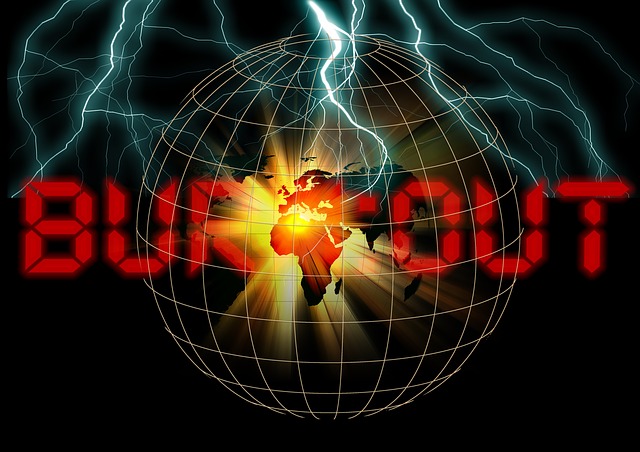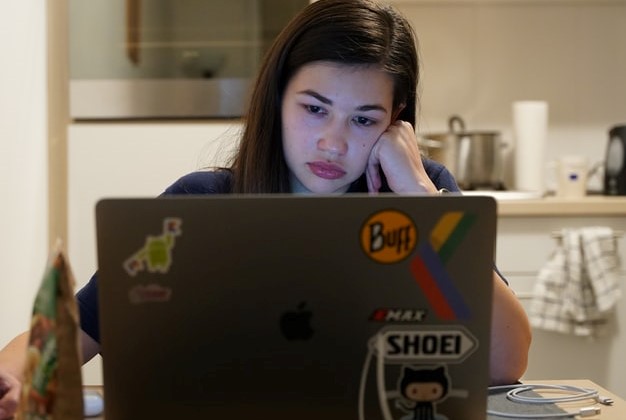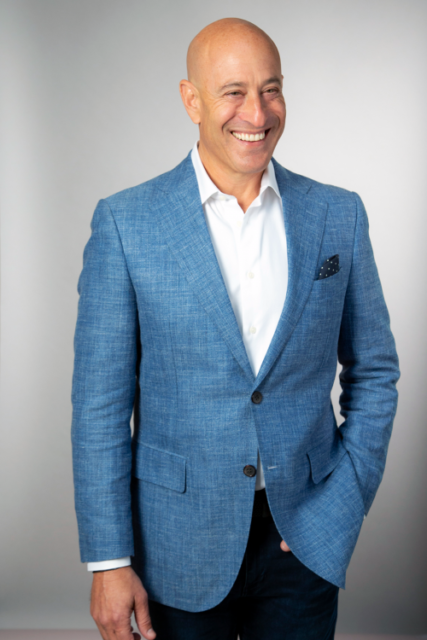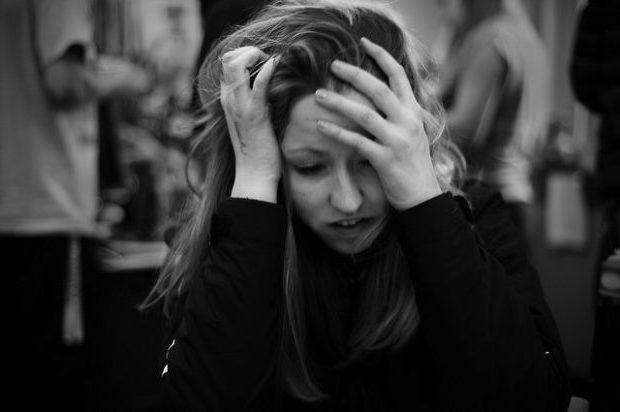Burnout: Dustbowl of the Soul

From birth, America has been a culture built around a spirit of hard-charging entrepreneurship. However, something shifted in the twentieth century, and now every incentive structure imaginable seems custom-built to reward — and even require — the relentless, the restless, the always-on worker. Now, more than ever, it’s vital for us to rethink the way we’ve chosen to live and the expectations we place on others and ourselves. We are a culture that has unwittingly incentivized burnout.
The signs have been there for a while — at least for anyone paying attention — but the pandemic has forced the issue front-and-center. We now see serious issues with burnout everywhere we look, from front-line health care workers to first-year college students.
Burnout to Dustbowl
I use the word “burnout” because it’s the one we’re all most familiar with. But it’s not an entirely accurate description; a fire can burn fast, in a rush of accelerated flame. Burnout never quite works that way; it’s always a slow burn. Most of the time, it’s so slow we don’t even realize it’s happening, until the day we realize it feels as if all that’s left of us inside is ash and dust.
Dust is an apt word, because what we call “burnout” finds a very instructive metaphor in the 1930s of midwestern America, when the Dust Bowl curtailed the productivity of American farmers and threatened their livelihoods. Many of these farmers lived a hardscrabble existence, eking a living — sometimes, a very nice living — from the soil beneath their feet. Until, one day, they couldn’t anymore. Nothing had changed in their work ethic, their intelligence, their location, or their raw physical ability. The soil itself had simply become unusable, no longer able to produce the same results for the same effort.
Some of the issue stemmed from poor decisions. Millions of acres of grassland, previously used to graze cattle, were converted to produce grains like wheat. Some farmers failed to practice crop rotation, either through ignorance or a desire to focus short-term efforts on more profitable crops. Some of the issue was due to the simple human inability to predict the future. The Midwest, which already received as little as 20 inches of rain per year in some areas, suffered an extended drought beginning in 1930, creating huge swaths of land that needed irrigation — irrigation that no one had made plans to provide.
The net result was that the earth literally blew away from beneath their feet. The native grasses that had been plowed over were no longer there to hold the soil together with their deep roots, and windstorms created “black blizzards” of airborne soil. In all, roughly 2.5 million people fled the Dust Bowl in the 1930s — at the time, nearly 2% of all US citizens.

Life Burnout
Like the Dust Bowl, burnout in our lives often happens as the result of a series of poor decisions, coupled with an unpredicted event or two. Just as midwestern farmers of the early 20th century drove the earth to the brink of sustainability, we can overschedule our days, overburden our brains, and even over-accomplish our goals, leaving us with no reserves to fuel our recovery in the event of an unexpected problem.
Without those reserves, we enter burnout — typically characterized by both emotional and physical exhaustion, a reduced sense of accomplishment, and “activity devaluation” — the feeling that what we are working towards does not matter.
How are we to cope once we find ourselves in the middle of burnout? Like any other issue, the first task is simply to name the problem we’re dealing with. We’re not “in a really busy season.” We’re not “running on fumes.” We’re not “swamped right now.” We’re not any of the nice metaphors we use to mask the underlying problem.
We are burned out. We are in the “Dust Bowl of the Soul,” and if we don’t admit to the underlying condition, we prevent ourselves from reaching the unavoidable solution. When land lies fallow, it must be permitted rest. I’m sure you’re very good at your job. But precious few people have ever been as good at anything as Michael Jordan was at basketball. And even Michael Jordan stepped away from the game for three years at the peak of his physical ability.

What’s Next?
For some, this simple act of intentional rest may be enough. For others, after we rest, we are ready to reach the realization that when a flame burns out, fuel must be added. In this state, we can ask ourselves “What is the opportunity? Now that I’ve interrupted the routine that led me here, what do I want to happen next to ensure I never return? If anything could happen, what would I want that to be?” This moment of intentional internal questioning allows us to reframe our situation, preparing ourselves for growth.
Finally, taking an intentional pause and asking intentional questions provides the opportunity to choose — to set an intentional path forward. We may realize that no drastic change is necessary, other than a new focus on consciously choosing to rest regularly from the conditions that led to burnout. Or we may find ourselves ready to shift the focus of our efforts or change our trajectory entirely.
Either way, we can move forward after taking the time to pause, ask, and choose, knowing that doing so regularly will prevent us from entering the Dustbowl of the Soul again in the future.
This guest post was authored by Adam Markel

Adam is a bestselling author, keynote speaker, workplace expert and resilience researcher. He inspires leaders to master the challenges of massive disruption in his upcoming book, “Change-Proof — Leveraging the Power of Uncertainty to Build Long-Term Resilience” (McGraw-Hill, February 2022). Adam is author of the #1 Wall Street Journal, USA Today, Los Angeles Times, and Publisher’s Weekly bestseller, “Pivot: The Art & Science of Reinventing Your Career and Life.” Learn more at AdamMarkel.com.



